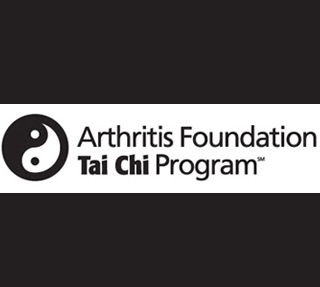
At the time of the study, 354 participants enrolled from 20 sites in North Carolina and New Jersey were randomly segregated to two groups. While the intervention group was provided the 8-week, twice-weekly Tai Chi course immediately, the program was delayed in the control group. Baseline and 8-week follow-up evaluations were also given after which the control group went through the Tai Chi course.
Participants selected had any type of self-reported doctor-diagnosed arthritis, were above the age of 18 years and could move independently without assistance. But volunteers were unable to perform Tai Chi standing. Self-reports of pain, fatigue and stiffness as well as physical function performance were collected at baseline and during the eight-week evaluation. Data produced in these self-reports were thoroughly investigated by Leigh Callahan, PhD, the study’s lead author, associate professor in the University of North Carolina at Chapel Hill School of Medicine and a member of UNC’s Thurston Arthritis Research Center and colleagues.
Investigators questioned about ability to perform activities of daily living, overall general health and psychosocial measures like perceived helplessness and self-efficacy. Physical performance measures recorded timed chair stands, gait speed and two measures of balance. While in chair stands lower extremity strength was measured and in gait speed were considered, balance included single leg stance and a reach test. After eight weeks participants belonging to the intervention group reported improvement in pain, fatigue and stiffness along with an increased sense of well being, reach and balance.
The study was be present these results on November 8, at the annual scientific meeting of the American College of Rheumatology in Atlanta.
